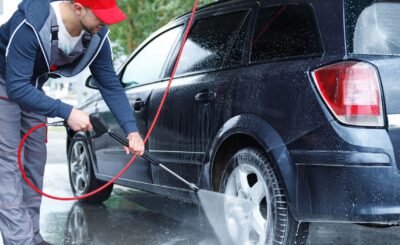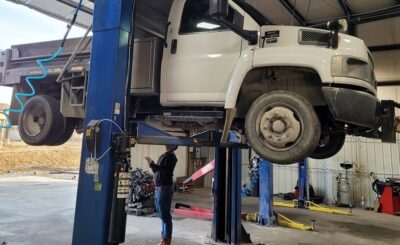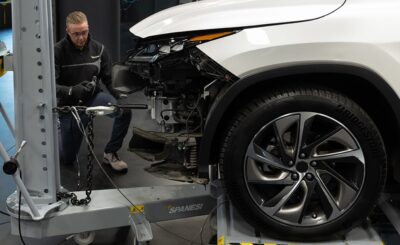Effective braking operation of brake calipers guarantees vehicle safety by means of which they contribute. But external elements, road salt, and moisture may cause brake calipers to rust and corroze. These problems may affect your brakes’ function, which would result in dangerous driving circumstances and expensive repairs. Maintaining vehicle safety and lifetime depends on knowledge of how rust and corrosion affect brake calipers as well as preventative actions.
Appreciating Rust and Corrosion
Natural processes known as rust and corrosion follow iron and steel’s exposure to oxygen and moisture. Usually composed of cast iron or aluminum, brake calipers are especially sensitive given their position on the car. The metal surfaces may readily deteriorate from continual contact to water, road trash, and winter road salt. This degradation over time may cause operating efficiency to drop and call for the complete replacement of costly and inconveniently disruptive calipers.
Rust and Corrosion: Signs
Identifying early rust and corrosion on your brake calipers can help you avoid more major issues later on. Typical signs include obvious caliper flaking or corrosion, unusual braking noise, and a clear drop in braking efficiency. Sometimes, when you use the brakes, you could even find a car dragging to one side. Should you see any of these indicators, you should get your braking system checked right away to save further damage. Finding the best Auto Repair in Reynoldsburg, OH based service would be essential here.
Strategies for Preventive Action
Stopping rust and corrosion on your brake calipers calls for preventative action and consistent maintenance. Above all, consistent cleaning of your car—especially in the winter—helps to eliminate road salt and dirt that fuels corrosion. High-temperature brake oil applied to the caliper guide pins also helps prevent moisture ingress. Moreover, think about building a barrier against environmental factors by applying aftermarket protective coatings meant especially for brake parts.
Value of Constant Inspections
Regular braking system checks may significantly help to avoid corrosion and rust. Ask your technician to examine the brake calipers and lines for evidence of damage or wear after each oil change or service visit. Early discovery could result in little fixes instead of expensive replacements. In addition to extending the life of your calipers, a proactive approach helps you drive generally safely.
Last Thought
Rust and corrosion may seriously compromise the safety and performance of your brake calipers, which would result in expensive repairs and hazardous driving environment. Understanding how these factors affect your calipers, seeing early wear, and acting pro-actively to avoid problems can help you to preserve your braking system and guarantee a safe driving experience. Extending the life of your brake calipers depends mostly on regular maintenance and inspections, which also provide you piece of mind when driving.








